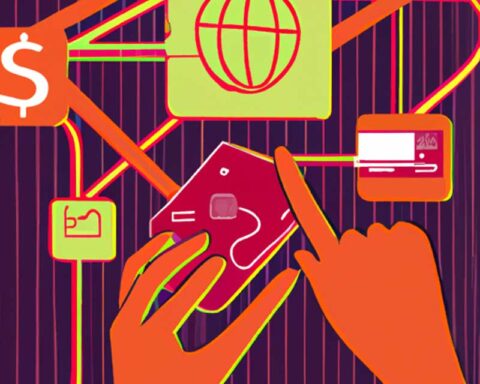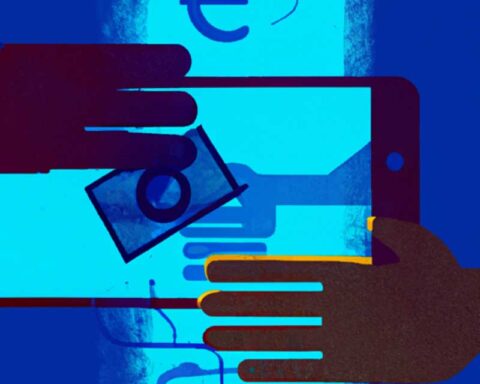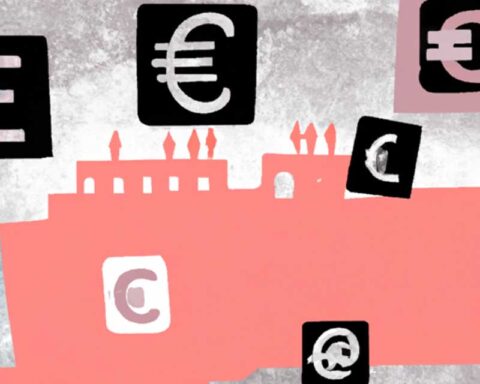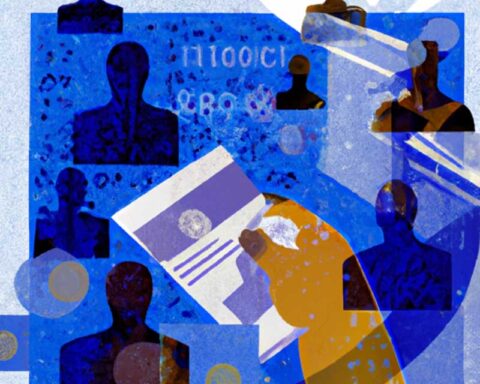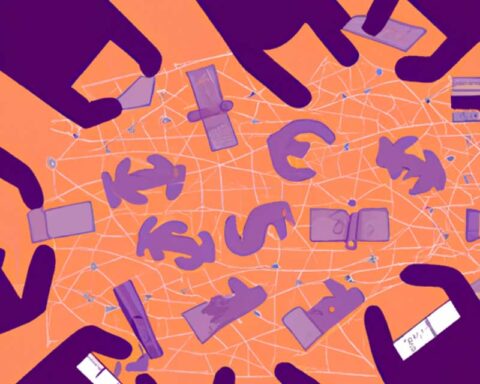“`html
TLDR:
Key Points:
- 42 percent of Gen Z-ers have admitted to lying on insurance applications
- Insurance industry is turning to advanced technologies to address this dishonesty
In an unexpected twist, Gen Z’s high rate of insurance application falsifications has led to technological advancements in the insurance industry. NerdWallet’s 2024 Insurance Dishonesty Report reveals that 42 percent of Gen Z-ers have admitted to lying on insurance applications to secure better rates. This trend is driving significant innovation in how insurers handle data and assess risk.
Generational and Gender Perspectives on Insurance Dishonesty
Highlights a generational and gender divide in attitudes towards insurance dishonesty. Men are more inclined than women to view falsifying information on insurance applications as acceptable. Younger generations are more lenient towards such dishonesty, leading to a shift in ethical perspectives across age groups.
Technological Innovations in Response to Gen Z Survey
The insurance industry is leveraging cutting-edge technologies for more robust verification processes and personalized pricing models. AI and machine learning are used for advanced risk assessment tools, while blockchain technology and telematics are adopted for transparency, trust, and real-time data monitoring.
Balancing Innovation with Ethical Considerations
While technological adoption promises a more transparent and efficient model, privacy and data security concerns remain paramount. Insurers must carefully navigate these challenges to ensure innovations do not compromise ethical standards or user trust.
The Silver Lining
What seemed like a problematic trend is pushing the industry towards a more transparent, efficient model where premiums are based on real behaviors and risks. This evolution, sparked by Gen Z’s struggles with insurance affordability, highlights how challenges can become stepping stones to advancement.
Conclusion: A New Era for Insurance
The industry’s embrace of advanced technologies is creating a more transparent, equitable, and user-friendly sector. This shift addresses challenges posed by Gen Z’s insurance falsifications and paves the way for a more innovative and trustworthy future in insurance.
“`



